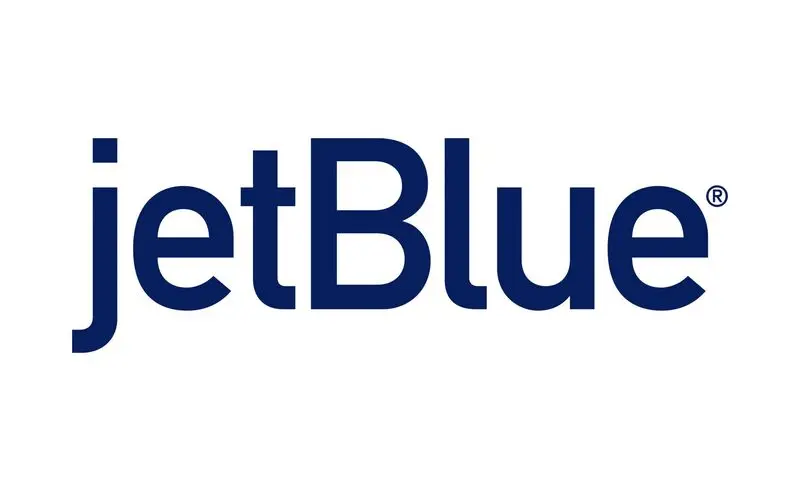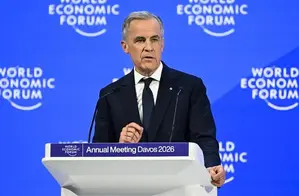JetBlue Airways (JBLU) recently forecasted its full-year revenue at a lower number than Wall Street estimates, causing stock shares to fall. The airline expects a bigger-than-expected fall in 2024 revenue amid a moderation in domestic travel demand ahead of the upcoming U.S. elections. The projection sent its shares down 14% in early trading on Tuesday.
JetBlue expects its 2024 revenue to fall between 4% and 5%, compared with analysts’ average expectation of a 3.6% fall, according to data compiled by LSEG. The New York-based carrier expects to see a one percentage point headwind to its fourth-quarter revenue per available seat mile, a proxy for pricing power, due to the election. It also expects to shave a percentage point from its unit revenue for the fourth quarter due to Hurricane Milton, which caused widespread damage across Florida.
Tough Summer Season Leads To Decline For JetBlue and Other Airline Stocks
During the summer travel season, an oversupply of airline seats led to discounted fares as carriers tried to fill planes. This factor negatively impacted the earnings of airlines across the US. JetBlue was one of these affected airlines. However, it managed to report a smaller-than-expected third-quarter loss on Tuesday, owing to improved demand and pricing in the quarter. The airline reported a third-quarter loss of $0.16 per share on sales of $2.37 billion just behind Wall Street’s prediction of a $0.25-per-share loss on sales of $2.34 billion.
Furthermore, JBLU is also dealing with the fallout from an RTX engine problem that disrupted operations. JetBlue has deferred deliveries of 44 new jets as part of a plan to reduce capital expenditures by about $3 billion through 2029.
Also Read: Apple (APPL) Eyes Largest Revenue Growth in 2 Years: Here’s Why
As of writing, JetBlue stock has fallen over 17% in the last 24 hours. Some investors may see this as an opportunity to “buy the dip” of JBLU stock. However, they should be aware that the airline’s turnaround will take time. Further, it could face more delays if the economy doesn’t perform well after the outcome of the 2024 election.






